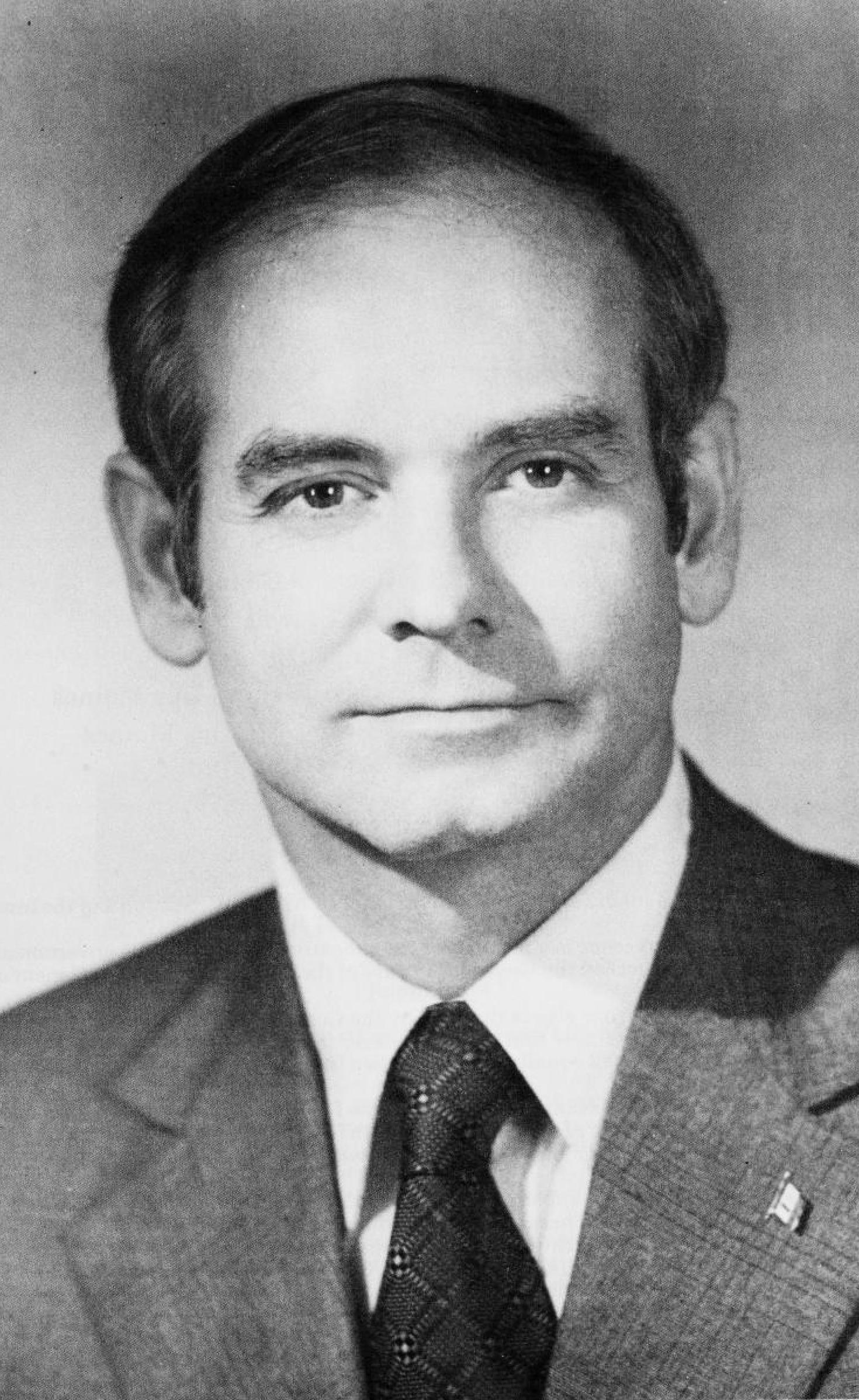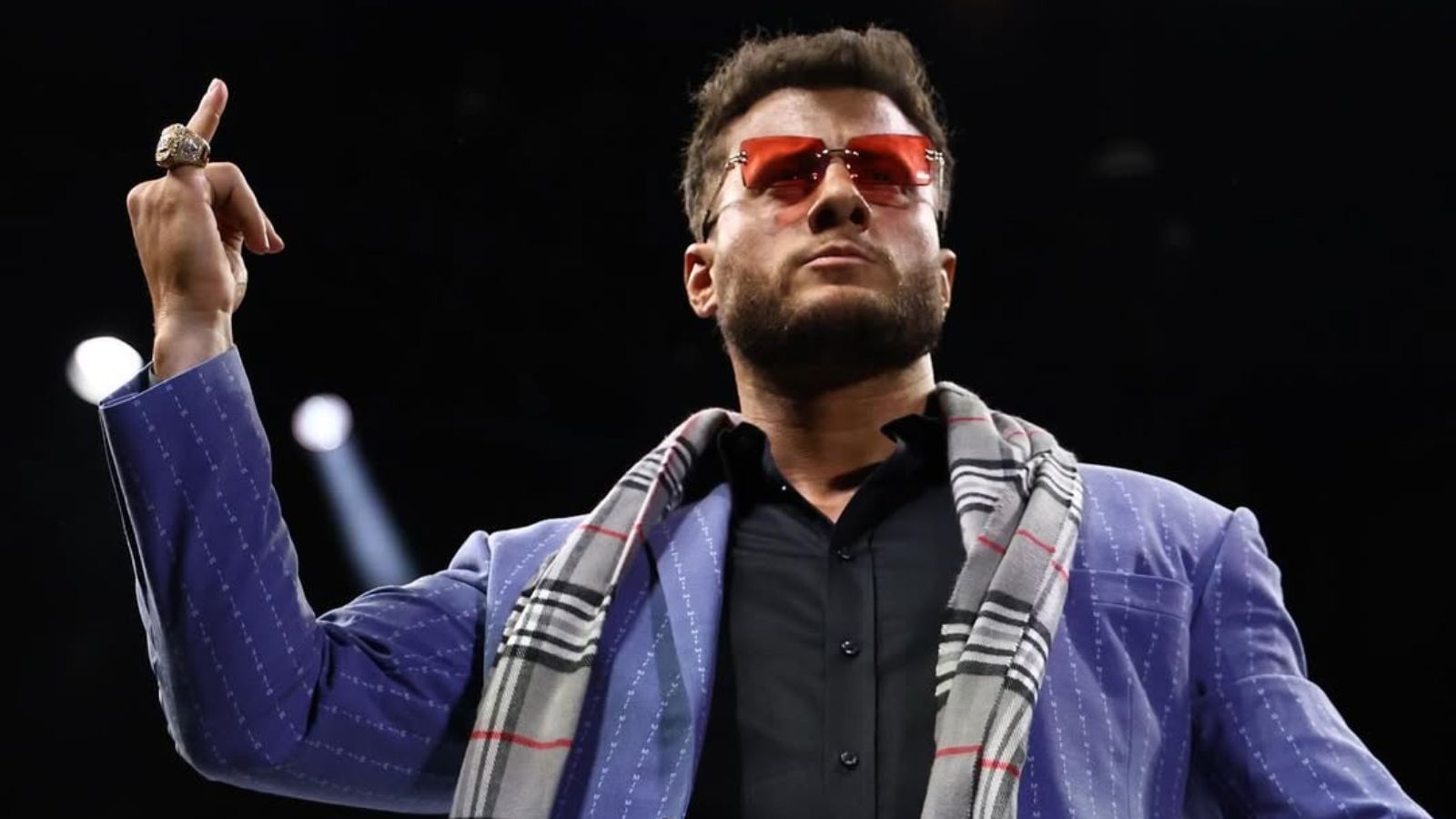Randy Evans is executive director of the Iowa Freedom of Information Council, a nonpartisan, nonprofit organization that promotes openness and transparency in Iowa’s state and local governments. He can be reached at [email protected]. This essay first appeared on his Substack newsletter, *Stray Thoughts*.
—
Recent events in Chicago, Washington, D.C., and at Sacred Heart Cathedral in Davenport provide stark reminders that our nation’s leaders have seemingly forgotten a biblical command that has endured for the ages. It is one that Robert Ray followed during his tenure as Iowa governor, which ended some 42 years ago.
Ray was front of mind as I digested the news last week. His service stood in sharp contrast to the haunting picture painted by three easily missed events—events that speak volumes about who we are as Americans and who we are becoming.
—
In Washington, on November 7, the Trump administration appealed to the U.S. Supreme Court, seeking an order that would allow the government to withhold food assistance for poor people through the SNAP program until the federal government shutdown ended. As if hunger ever takes a week off. As if the White House ever felt compelled to wait for permission before acting as the president sees fit. Moral malnutrition among our leaders seems to run deep.
—
In Chicago, on November 5, federal ICE officers entered the Rayito de Sol child care center and arrested an employee. They then proceeded room to room looking for other employees—all while frightened children watched. Federal officials claimed the woman lacked authorization to work in the United States. Witnesses disputed that, saying the woman showed officers legal documents proving she was allowed to work. Whatever the case, the officers did not present any arrest warrants. Nor was there any evidence that the woman was among the murderers, drug dealers, or violent criminals the president vowed to deport.
—
The third scene played out in sharp contrast to the other two. Mourners filled Sacred Heart Cathedral on Friday for the funeral of the Rev. Guillermo Trevino Jr., 39, an energetic priest serving Catholic parishes in West Liberty and Columbus Junction—two communities with large Hispanic populations.
A native of San Antonio, Texas, Father Trevino died of complications from undiagnosed diabetes after returning from Rome, where he met Pope Leo XIV and spoke at a Vatican conference on marginalized groups around the globe. In his short time as a priest, Trevino followed Jesus’ command to serve the poor and the marginalized—the least among us, as the Bible instructs.
His reputation grew nationally as he led prayer vigils for immigrants and spoke passionately in defense of immigrants, the poor, and the downtrodden.
—
Many Iowans came to know Father Trevino this year when one of his parishioners, Pascual Pedro Pedro, 20, was detained by Immigration and Customs Enforcement officers at his annual immigration check-in in Cedar Rapids. Without warning, Pedro was arrested and deported to Guatemala within days. Pedro had never been charged with any crime—minor or violent—Father Trevino told audiences. The young man worked for his grandfather’s construction company.
Trevino and other members of the immigrant support group *Escucha Mi Voz* (which translates to “Listen to Me”) spoke out in support of Pedro and worked to bring him back to the U.S.
—
At Father Trevino’s funeral, mourners were reminded of Jesus’ words:
> “For I was hungry, and you gave me food.
> I was thirsty, and you gave me drink.
> A stranger, and you welcomed me.
> Naked, and you clothed me.
> Ill, and you cared for me.
> In prison, and you visited me.
> Amen, I say to you, whatever you did for one of these least brothers of mine, you did for me.”
Those words guided Father Trevino — and Robert Ray five decades earlier. At their essence, the admonition boils down to compassion and refusing to see the least among us as unworthy or expendable.
—
I wish I could sit down with Ray for one more conversation—this one about the current government focus that seems to prioritize suspicion, division, control, and punishment over human dignity, respect, and compassion. Ray surely would have recognized the moral and spiritual tension present in much of our nation’s public life today, as evidenced by conflicts over poverty, hunger, and immigration.
A speech Ray delivered in October 1979 is worth remembering now. It came at a time when the nation was split over what role, if any, the United States should play in addressing the world’s refugee crisis. People were fleeing Southeast Asia in rickety boats to escape the aftermath of the Communist victory in the Vietnam War. Our television screens and newspapers were flooded with images of refugees drowning as flimsy vessels capsized and makeshift camps filled with refugees battling disease and starvation.
The images and the plight of the people tore at Ray’s heart. When leaders of the Disciples of Christ denomination invited the governor to address their national convention in St. Louis, he accepted. What followed was more of a sermon than a politician’s speech.
He challenged church leaders to recognize their moral duty to help these refugees:
> “Don’t tell me of your concerns for human rights. Show me.
> Don’t tell me of your concerns for these people when you have a chance to save their lives. Show me.
> Don’t tell me how Christian you are. Show me.”
—
Ray died in 2018. Were he still alive today, I have little doubt he would try to unite Americans behind solutions—rather than drive wedges between us. I am confident he would remind a new generation of leaders not to forget their moral obligations.
His deeds would have reflected a simple question for those in Chicago, Washington, and even Davenport:
**What kind of people do we want to be?**
https://www.bleedingheartland.com/2025/11/15/what-would-bob-ray-do/



